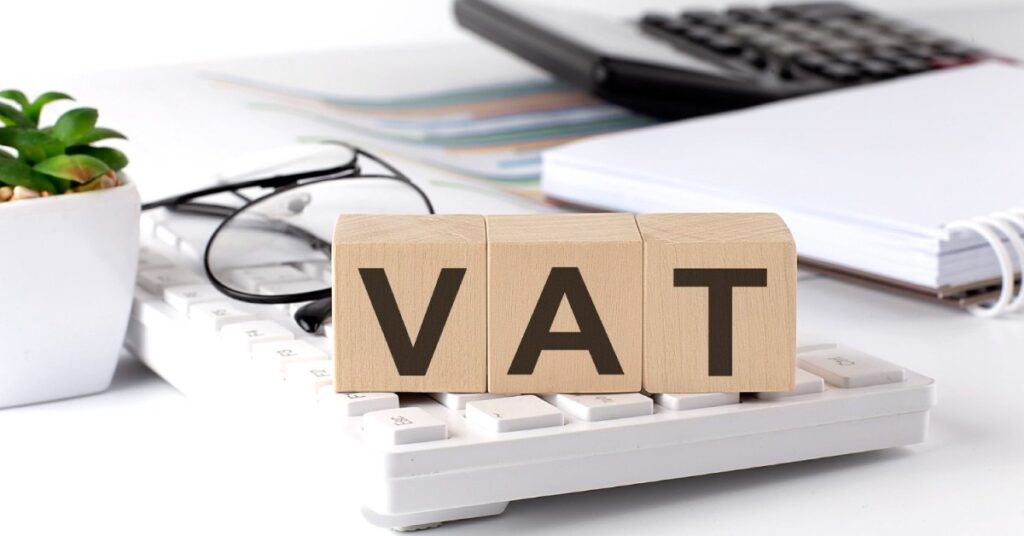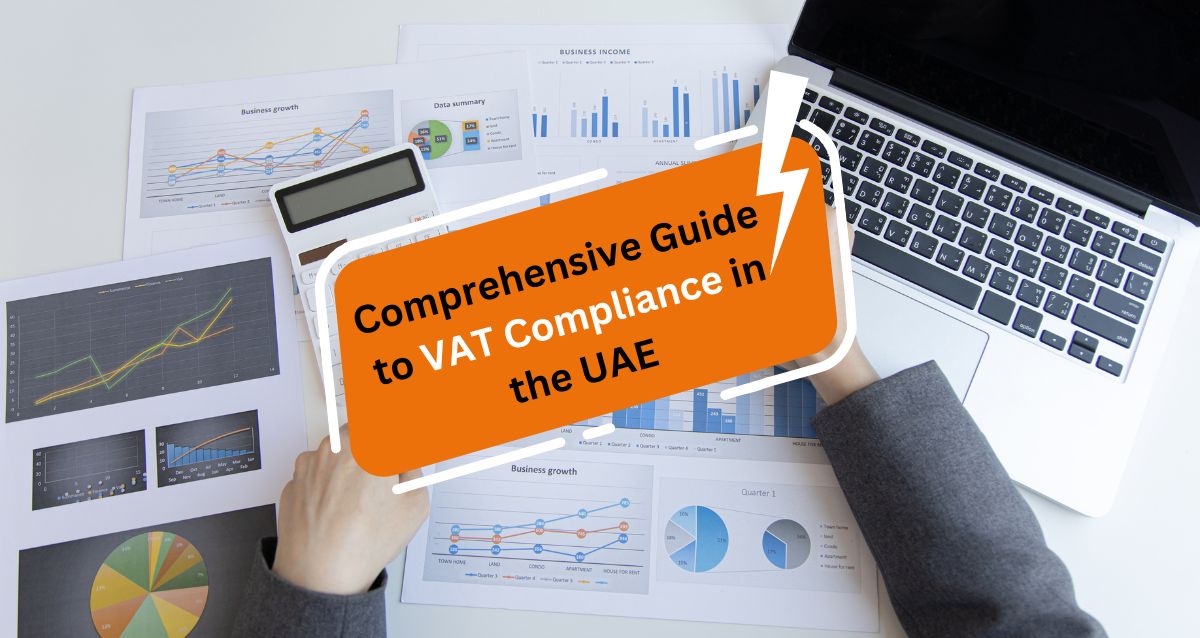The UAE VAT compliance landscape is changing as the Federal Tax Authority (FTA) introduces new measures to enhance tax management and reporting. These developments aim to improve transparency, streamline processes, and ensure businesses adhere to the country’s value-added tax obligations effectively.
Businesses operating in the UAE must now prepare to meet expanded VAT compliance requirements, which will affect reporting, record-keeping, and overall financial management. Understanding these changes is crucial to avoid penalties and maintain smooth operations.
Key Updates in UAE VAT Compliance
The FTA has implemented a series of updates aimed at strengthening tax compliance and closing gaps in the VAT system. Some of the key changes include:
- Mandatory electronic invoicing: All businesses are required to adopt electronic invoicing systems, ensuring accurate and traceable transactions.
- Enhanced reporting requirements: Companies must provide more detailed information in their VAT returns, including breakdowns of taxable and exempt supplies.
- Stricter record-keeping rules: Businesses need to maintain records for longer periods and provide easy access to the FTA during audits.
- Increased penalties for non-compliance: Penalties have been revised to encourage strict adherence to VAT laws.
These updates reflect the UAE government’s commitment to modernizing tax administration and aligning with global best practices.
Why UAE VAT Compliance Matters
Compliance with VAT regulations is not just a legal obligation but also a strategic business requirement. Proper VAT compliance ensures:
- Reduced risk of fines: Non-compliance can lead to substantial financial penalties, which may affect cash flow.
- Improved business credibility: Maintaining accurate records and adhering to VAT laws enhances trust with clients, investors, and regulators.
- Smoother audits: Following FTA guidelines minimizes delays and complications during audits.
- Better financial planning: Accurate VAT reporting helps businesses forecast expenses and manage budgets efficiently.
With these benefits in mind, businesses of all sizes should view VAT compliance as an integral part of their operations.
Who Is Affected by the Expanded VAT Rules?
The FTA’s expanded VAT compliance requirements affect a wide range of businesses in the UAE, including:
- Small and medium enterprises (SMEs): Smaller companies must upgrade their accounting and invoicing systems to meet electronic invoicing standards.
- Large corporations: Big businesses may face more detailed reporting and record-keeping obligations.
- Freelancers and individual service providers: Even independent contractors are now expected to comply with specific VAT reporting measures if their annual turnover exceeds the registration threshold.
Essentially, any entity registered for VAT or required to register must ensure they are fully prepared for these changes.
Steps to Ensure Full VAT Compliance in the UAE
Businesses can take several practical steps to meet the new UAE VAT compliance requirements effectively:
- Implement electronic invoicing solutions: Adopt a certified e-invoicing system that meets FTA standards.
- Update accounting systems: Ensure your software can handle detailed VAT reports and maintain a clear audit trail.
- Train staff: Educate finance teams on new VAT rules, record-keeping expectations, and reporting procedures.
- Maintain organized records: Keep all invoices, receipts, and financial documents accessible for audit purposes.
- Monitor VAT deadlines: Stay updated on filing deadlines and ensure timely submission of VAT returns.
- Consult VAT experts: Professional advice can help businesses navigate complex regulations and avoid compliance pitfalls.
Proactive measures are crucial to reduce compliance risks and prevent unnecessary penalties.
The Role of Technology in VAT Compliance
Technology is a cornerstone of the FTA’s strategy to enhance VAT compliance. Electronic invoicing, automated reporting systems, and cloud-based accounting software are transforming how businesses manage their tax obligations.

- Electronic invoicing (e-invoicing) allows real-time submission of invoices to the FTA, reducing errors and improving transparency.
- Automated VAT calculations help ensure accurate tax reporting, even for complex transactions.
- Data analytics tools can identify compliance risks, track transactions, and generate reports for audits efficiently.
Investing in technology not only ensures compliance but also boosts operational efficiency.
Common Challenges Businesses Face
Despite these advantages, businesses may encounter challenges in implementing the new VAT compliance measures:
- Technical limitations: Some companies may need significant upgrades to their IT systems.
- Staff training needs: Employees must adapt to new processes and tools.
- Complex reporting requirements: Detailed breakdowns of taxable and exempt supplies can be difficult to manage without specialized software.
- Adjusting cash flow: Timely VAT payments require careful financial planning to avoid penalties.
Addressing these challenges early can help businesses transition smoothly and maintain compliance.
Future Outlook for UAE VAT Compliance
The UAE government continues to prioritize tax transparency, efficiency, and digitalization. Businesses can expect ongoing updates to VAT regulations, including:
- Greater use of automation in reporting and audits
- Further expansion of e-invoicing requirements
- Integration of VAT systems with broader government digital platforms
Companies that stay ahead by embracing technology and maintaining rigorous compliance practices will benefit from reduced risk and improved business credibility.
Conclusion: Preparing for Expanded VAT Compliance
The UAE VAT compliance landscape is evolving rapidly. Businesses must understand the new requirements, implement modern systems, and train staff to meet FTA expectations. By proactively adapting to these changes, companies can reduce risks, improve transparency, and ensure sustainable operations in the UAE.
With the right technology, strategic planning, and professional guidance, businesses can turn VAT compliance from a challenge into an opportunity for growth and operational efficiency. Staying informed and prepared is the key to thriving in the UAE’s dynamic tax environment.
Do Follow Gulf Magazine on Instagram
Also read: Why Gulf Tourists Are Flocking to This Charming Polish Town This Summer



